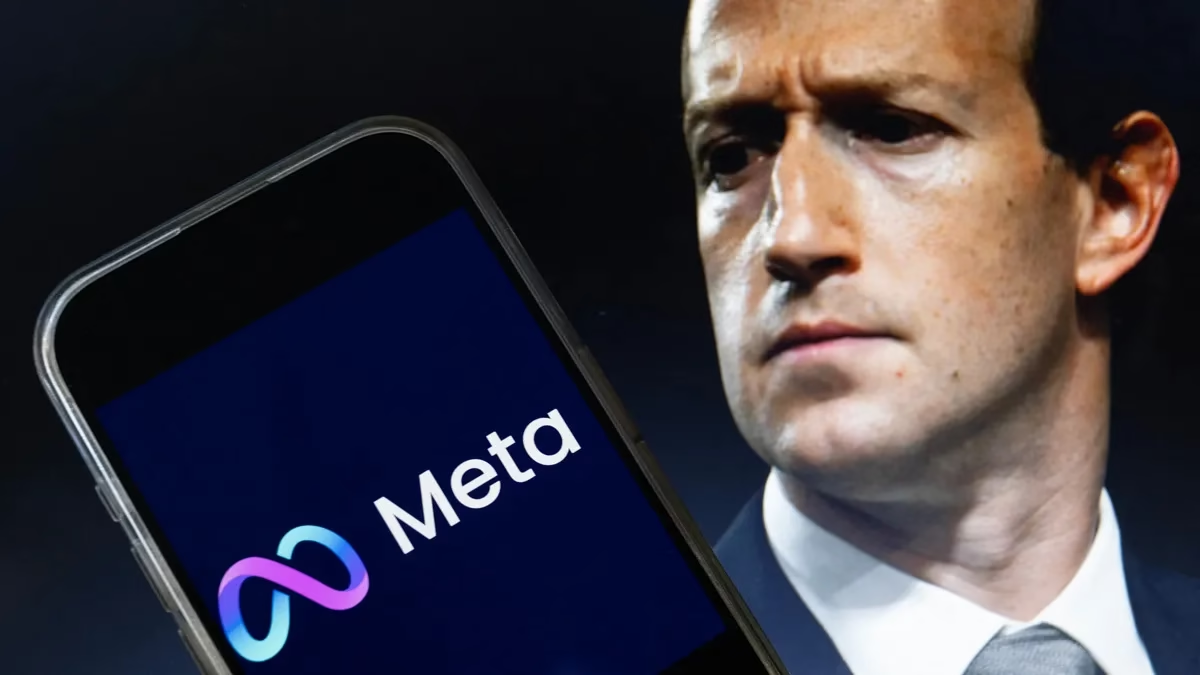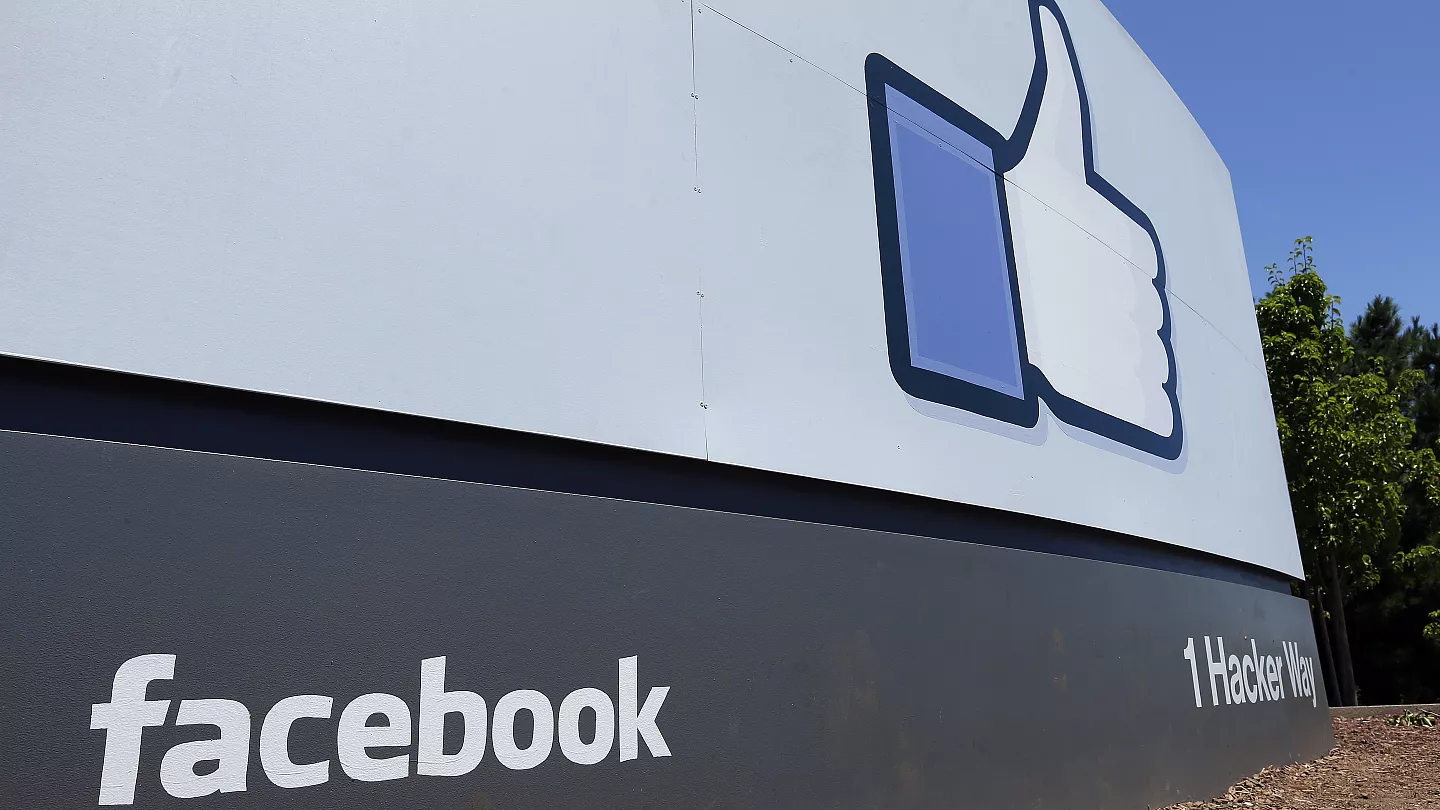Meta Platforms (META.O), the parent company of Facebook, Instagram, and Threads, has announced significant changes to its content moderation strategy in the U.S., ending its fact-checking program and easing restrictions on sensitive topics like immigration and gender identity. The shift comes as President-elect Donald Trump prepares for his second term in office.
Key Changes Announced
- End of Fact-Checking Program: The U.S. fact-checking initiative, launched in 2016, has been discontinued. Instead, Meta will implement a “Community Notes” system, similar to that used by Elon Musk’s platform, X.
- Content Moderation Adjustments: Automated systems will focus only on high-severity violations, such as terrorism, child exploitation, scams, and drugs. Proactive scanning for other rule-breaking content will cease, and reviews will only occur following user reports.
- Decentralization of Policy Teams: Content policy teams will relocate from California to Texas and other states, though details of this move remain unclear.
Meta’s Position
CEO Mark Zuckerberg framed the decision as a return to prioritizing free expression, citing recent U.S. elections as a cultural shift. “We’ve reached a point where it’s just too many mistakes and too much censorship. It’s time to get back to our roots around free expression,” he said in a video statement.
Political Implications
Zuckerberg’s moves align with an effort to repair relations with the incoming Trump administration. Recent organizational changes include:
- Joel Kaplan’s Promotion: The Republican policy executive is now Meta’s global affairs head.
- Dana White’s Board Appointment: The CEO of the Ultimate Fighting Championship and a Trump ally was elected to Meta’s board.
Trump welcomed the changes, hinting they might be a response to his previous criticisms of Zuckerberg.
Reactions from Fact-Checking and Media Groups
Meta’s decision has drawn criticism from fact-checking organizations and media professionals:
- AFP Statement: Called the decision “a hard hit for the fact-checking community and journalism.”
- International Fact-Checking Network: Challenged Zuckerberg’s portrayal of fact-checkers as biased, emphasizing their role in adding context rather than censoring content.
- Ross Burley, Centre for Information Resilience: Described the move as politically motivated and a step backward in content moderation.
EU Regulations Unaffected
Meta clarified that these changes apply only to the U.S. market. Fact-checking programs will continue in regions like the European Union, where stricter regulations, such as the Digital Services Act (DSA), demand active moderation of illegal content.
The EU is already investigating Musk’s X for its “Community Notes” system, raising questions about how Meta’s similar approach will fare under scrutiny.
Implementation Timeline
Meta plans to roll out Community Notes in the U.S. over the next few months, with updates to the system throughout the year.
This overhaul signals a pivotal moment for Meta, balancing free expression, regulatory compliance, and political considerations. The implications for misinformation and harmful content remain to be seen.



